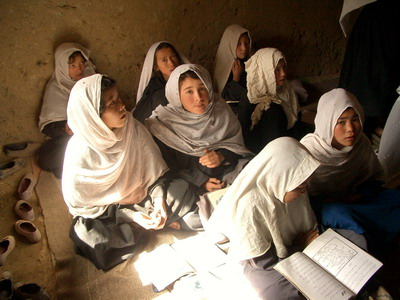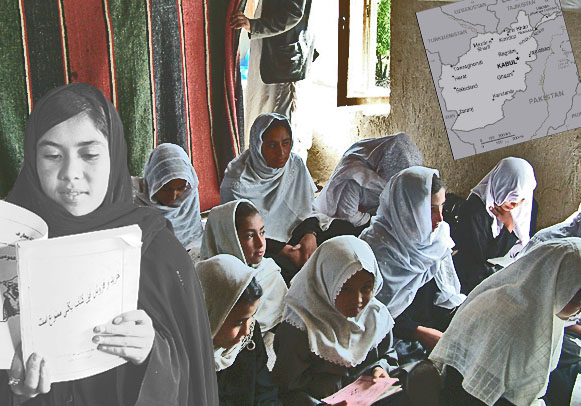
Ignorance on issues of international significance is the root of many misunderstandings. The plight of women and education in the Middle East is one such topic. After speaking with Dr. Alfons Teipen, a religion professor here at Furman, I gained some knowledge on a previous topic in my blog that focused on women and education in the Middle East, particularly Afghanistan.
Here are some startling statistics regarding women just in Afghanistan:
- Every 30 minutes, an Afghan woman dies during childbirth
- 87 percent of Afghan women are illiterate
- 30 percent of girls have access to education in Afghanistan
- 1 in every 3 Afghan women experience physical, psychological or sexual violence
- 44 years is the average life expectancy rate for women in Afghanistan
- 70 to 80 percent of women face forced marriages in Afghanistan
Obviously education is not the only issue for females in the Middle East. However, having widespread accessibility to education will slowly impact and improve other aspects of women’s lives.
Before speaking with Dr. Teipen, I was under the assumption that the efforts for women to gain education were minimal and that the root of this was their religion of Islam. He erased these false thoughts when he informed me that it has more to do with their patriarchal culture and the Taliban’s skewed interpretations of original Islamic texts.
In this brief interview with Dr. Teipen, he explained the history and significance of the plight of women’s education in the Middle East as well as comparing it to our Western ideals.
Let’s hear what he had to say: Dr. Teipen Audio Clip
